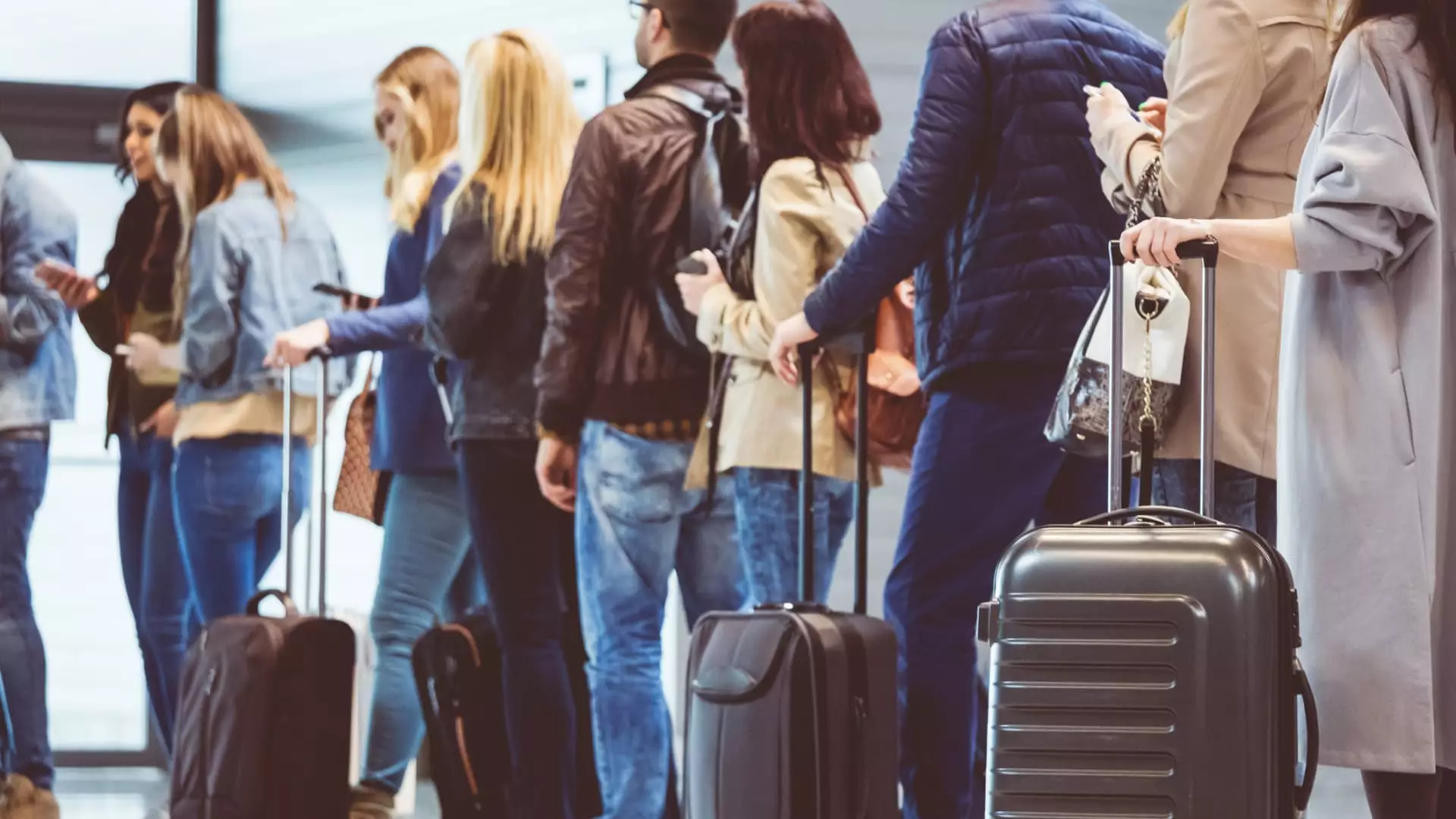For decades, Southwest Airlines has distinguished itself by bucking the airline industry’s standard model: no assigned seats and the commitment to ‘first-come, first-served’ boarding. This approach fostered a sense of fairness among travelers, emphasizing spontaneity and equality. However, recent developments signal a troubling shift—Southwest has begun selling assigned seats, introducing new boarding groups and tiered pricing for early boarding. This move veers away from its roots of democratized access to space on aircraft, veering into territory where privilege begins before takeoff. It’s an insidious acknowledgment that even the most egalitarian airline is no longer immune to the pressures of revenue maximization, undermining the very ideals of fairness in air travel.
There’s an undeniable irony here. The airline industry constantly markets itself as a service that values customer choice and comfort, yet increasingly, convenience is becoming a commodity reserved for those willing to pay a premium. Instead of empowering passengers with straightforward, egalitarian policies, airlines are morphing into enterprises that prioritize profit over fairness. The practice of selling allocated seats fundamentally alters the landscape, creating stratification among travelers based on their willingness or ability to spend extra. This subtle but powerful transition erodes the democratic ethos that once characterized Southwest’s brand identity.
The Illusion of Fairness and the Rising Cost of Convenience
Boarding groups have always been a source of contention—who gets to board first and claim overhead bins and the best seats? While some might argue this is a minor convenience, the reality is that it exposes a growing disparity: those who can afford to pay for early access gain clear advantages over budget-conscious travelers who might be constrained to last-minute boarding and compromised overhead storage.
What’s particularly troubling is how the industry frames these modifications as options rather than necessities. Industry experts like Sara Wilcox and Henry Harteveldt suggest that paying for early boarding is primarily a strategy to secure overhead bin space—a trivial commodity but one that holds disproportionate importance for travelers with carry-on luggage. This creates a system where fairness is sacrificed at the altar of profit, setting a precedent that privileges the wealthiest or most determined travelers. In essence, the airline industry is normalizing a hierarchy where boarding order becomes a matter of spending power rather than traveler status or fairness.
This shift feeds into a larger societal narrative: the commodification of basic rights and services. Is it fair that some travelers must pay just to ensure their luggage stays with them, or that they are afforded a slight edge in a process that was once open to all? The answer is increasingly clear—these policies serve corporate interests more than they serve customer equity, revealing how capitalism’s influence distorts our perception of fairness and access.
The Mirage of Upgrading: Paying for More Than Comfort
In recent years, airlines have become adept at turning “upgrade” options into lucrative revenue streams. Premium economy and seat selection are marketed as enhancements, but in reality, they contribute to a tiered experience that favors those with higher budgets or more points. While these products may seem like mere luxuries, they normalize the idea that comfort and priority are privileges rather than rights.
For those seeking earlier boarding, the options are often a financial gamble—paying steep prices for what many consider a minimal benefit, especially when the true value of saving a few minutes or securing overhead space is often exaggerated. The idea that travelers should weigh the monetary cost against perceived convenience only exacerbates inequality. Wealthier passengers can buy their way to a more seamless experience, while others must accept the disadvantages of last boarding and cramped storage.
This practice also questions the basic principles of efficient, fair, and reasonable service. Travel shouldn’t hinge upon whether someone can afford premium seating or additional fees. It’s a dangerous trend where service quality is directly proportional to one’s ability to pay, fostering a disconnect between the industry’s claims of customer care and the reality of increasingly stratified service.
A Social Responsibility to Rethink Boarding Policies
As the airline industry continues down this path, it raises profound questions about social responsibility and the kind of travel culture we want to foster. The idea that seating and boarding should be determined by wealth, status, or strategic spending rather than fairness and accessibility is deeply troubling. It diminishes the sense of community and egalitarianism that once made flying a symbol of progress—an experience rooted in shared movement rather than individual privilege.
Progressive policies could redefine the airline’s role—not as a profit-focused entity that panders to those who can pay more but as a service that upholds fairness and respect for all passengers. A reevaluation of boarding procedures, for instance, could prioritize equitable access, or at least introduce more transparent and equitable options for all travelers.
Ultimately, airlines are societal entities with a responsibility to uphold equitable practices that reflect broader values of fairness, inclusion, and solidarity. The recent trend toward paid seating and tiered boarding privileges suggests the opposite—an increasing move away from shared experience and toward commodification, reinforcing inequalities that have no place in community-oriented transportation systems. To resist this, passengers and advocates must challenge industry norms and insist that convenience and fairness are not mutually exclusive—they are fundamental rights that airlines have a moral obligation to uphold.

